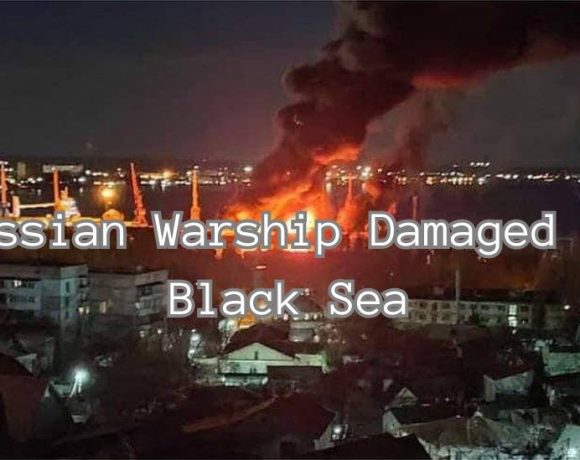
TV presenter and influencer Anastasia Ivleeva faced legal consequences after hosting a controversial “almost naked” party in a Moscow club during wartime Russia. The Lefortovo court in Moscow imposed a fine of 100,000 roubles (£870; $1,100) on her for organizing the event, which was deemed to have violated public order.
Ivleeva apologized twice on social media and pleaded for a second chance from the public. Despite promising to donate ticket sales proceeds to charities, she now faces a billion-rouble class action lawsuit for “moral damage” from 22 individuals. They demand she contribute the amount to a group supporting Russians fighting in Ukraine.
The party, held at Moscow’s Mutabor nightclub on December 20, featured well-known Russian celebrities dressed provocatively. The incident stirred public outrage amid the ongoing war and economic concerns, distracting from issues like rising egg prices.
Russian rapper Vacio, arrested for disorderly conduct due to his single-sock outfit, received a 15-day jail term. He was also fined twice as much as Ivleeva for promoting “non-traditional sexual relations.”
Pro-Kremlin figures expressed anger, questioning how celebrities could party during a wartime “special military operation.” Several guests faced consequences, such as canceled concerts, lost sponsorship contracts, and removal from televised events.
Prominent figures like veteran singer Lolita Milyavskaya, Dima Bilan, and Ksenia Sobchak apologized, while Philipp Kirkorov, considered Putin’s favorite singer, apologized profusely. Kirkorov hoped his “mistake” wouldn’t impact his career in Russia. Despite rumors of losing awards, he was removed from a New Year’s Eve TV film, and some scenes were reshooted.
The Kremlin distanced itself from the controversy, with spokesman Dmitry Peskov urging the public not to discuss the topic.
Picture Courtesy: Google/images are subject to copyright

